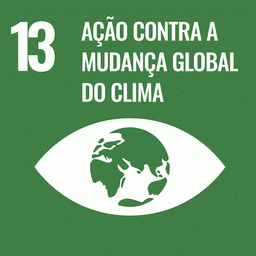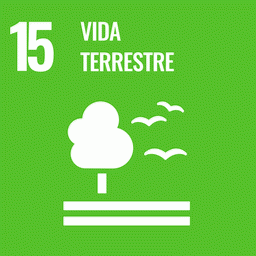Carbon losses from forest degradation and disturbances are significant and growing sources of emissions in the Brazilian Amazon. Between 2003 and 2019, degradation and disturbance accounted for 44% of forest carbon losses in the region, compared with 56% from deforestation (forest clearing).
We found that land tenure played a decisive role in explaining these carbon losses, with Undesignated Public Forests and Other Lands (e.g., private properties) accounting for the majority (82%) of losses during the study period. Illegal deforestation and land grabbing in Undesignated Public Forests widespread and increasingly are important drivers of forest carbon emissions from the region. In contrast, indigenous Territories and Protected Natural Areas had the lowest emissions, demonstrating their effectiveness in preventing deforestation and maintaining carbon stocks. These trends underscore the urgent need to develop reliable systems for monitoring and reporting on carbon losses from forest degradation and disturbance.
Together with improved governance, such actions will be crucial for Brazil to reduce pressure on standing forests; strengthen Indigenous land rights; and design effective climate mitigation strategies needed to achieve its national and international climate commitments.

